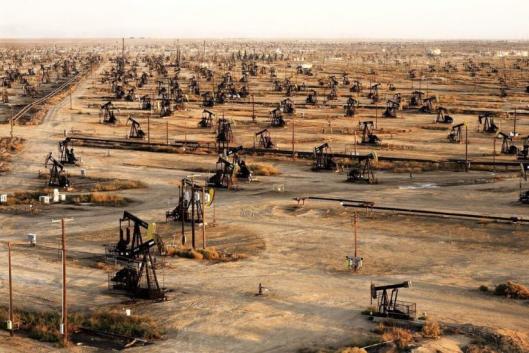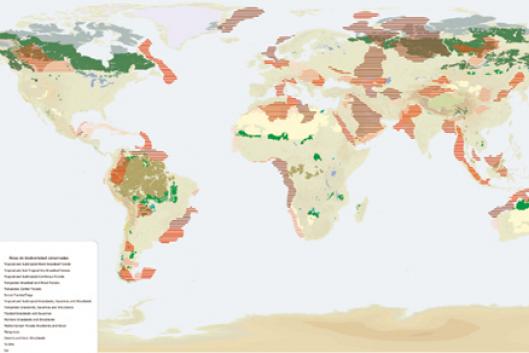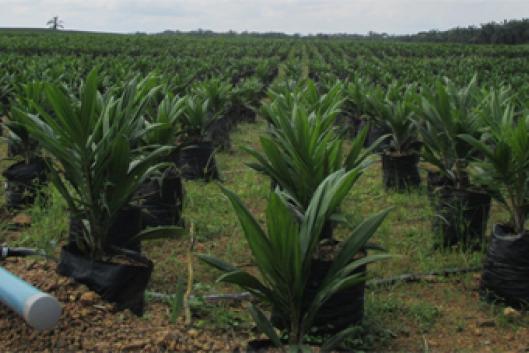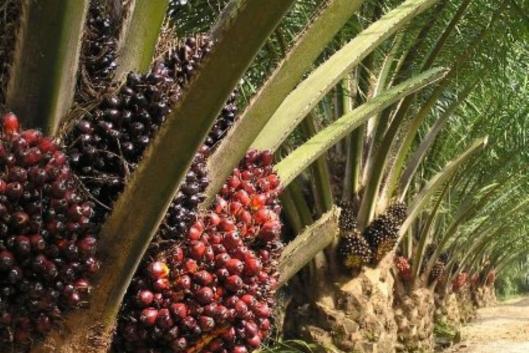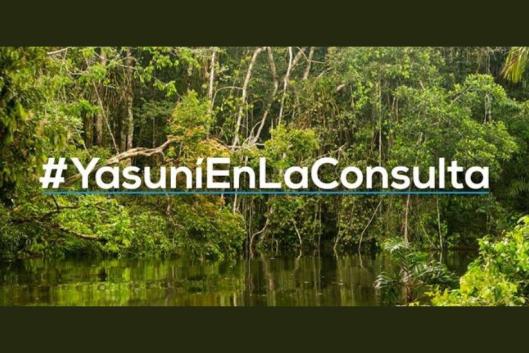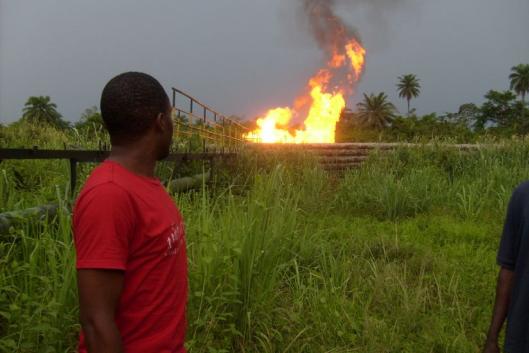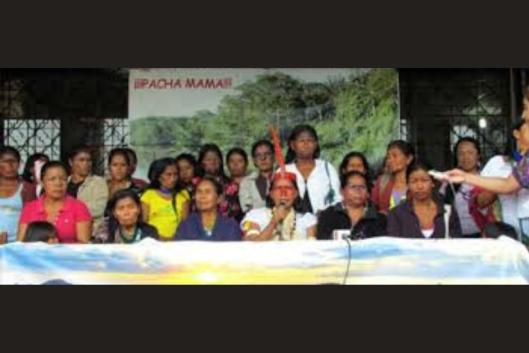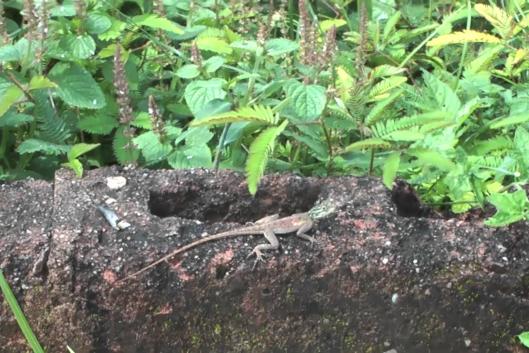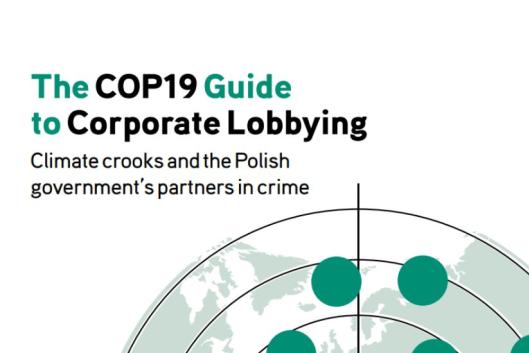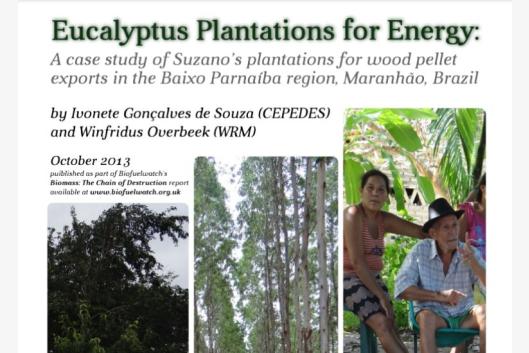On 10 November 1995, it should be remembered by all who struggle for social and environmental justice that the Nigerian military junta executed Ken Saro-Wiwa and other eight Ogoni People leaders. They challenged, resisted and struggled against the severe negative impacts of oil extraction on their communities, while defending their territories and livelihoods. This should never be forgotten.
Bulletin Issue 196 – November 2013
The global threat of oil and the path towards post petroleum societies
Download the full bulletin in pdf format
Also available (in the previous site) in French and Portuguese
WRM Bulletin
196
November 2013
OUR VIEWPOINT
THE GLOBAL THREAT OF OIL AND THE PATH TOWARDS POST¨PETROLEUM SOCIETIES
-
3 December 2013Petroleum is a homogenous mixture of organic compounds that, together with coal and natural gas, was formed some 300 million years ago during the Carboniferous Period of the Palaeozoic Era. Converted into a “fossil fuel” in the modern age, it is the result of the effects of millions of years on the remains of dead plant and animal organisms buried beneath clay, soil and minerals, subjected to great pressure, high temperatures and the action of anaerobic bacteria, that is, bacteria that do not live or grow in the presence of oxygen.
-
3 December 2013Oil has been historically extracted disregarding the costs that the process entails to the local people and the environment. Thus oil extraction has become a direct cause of the deforestation of large areas of tropical forests where some of the world's most promising oil and gas deposits lie, degrading the forest as a whole through its impacts on water, air, wildlife and plants. Furthermore oil drilling constitutes an underlying cause of deforestation and forest degradation because it opens up the forest enabling logging and forest conversion to agriculture and cattle rising.
-
3 December 2013Fossil fuels began to replace wood as an energy source in England in the 18th Century, a switch that went hand-in-hand with the so-called “industrial revolution”. Consumption of fossil fuels was extensive already then and its implications were huge, not only in England but also far away, in Nigeria, Africa. There is a direct link between the increasing use of fossil fuel in that period, mainly coal to produce steam, with the fact that West Africa became a century later the global center of the palm oil industry.
-
3 December 2013The first steps International discussion around the impacts of oil industry activities gained particular relevance in the early 1990s, largely as a result of two significant events. The first was when local communities in the Ecuadorian Amazon filed a lawsuit in the United States against Texaco for the social and environmental impacts of its operations. The second was the murder of Ken Saro-Wiwa along with other activists in Nigeria. Before these two events, the Exxon Valdez oil spill of 1989 had received major news coverage, but it was viewed as an isolated incident and was only granted importance between it happened in Alaska.
PEOPLES IN ACTION
-
3 December 2013The No REDD in Africa Network (NRAN) initiated the “Week of Action Against False Solutions”, from October 28 to November 4. The action, joined by the global convergence Reclaim Power! http://reclaimpower.net/, opposes the “dirty energy” and the companies who try to greenwash themselves with false solutions like REDD and other false solutions such as carbon trading, CDM, 'green economy', biodiversity offsets, CCS, geo-engineering and of course the big false solution- 'clean coal'. Within the Week of Action, the organisation Justiça Ambiental hold a film screening and debate on dirty energy, REDD and other false solutions at Museum of Natural History (Museu) in Maputo, Mozambique.
-
3 December 2013In response to the government’s decision to abandon the initiative to leave the oil in the Ishpingo-Tambococha-Tiputini (ITT) block beneath Yasuní National Park untapped, and to begin drilling operations, a youth organization called YASunidos has launched a campaign to call for this decision be submitted to a popular consultation, as established by the constitution of Ecuador. The campaign has met with strong support and given rise to a major mobilization aimed at collecting 600,000 signatures from Ecuadorian citizens in order to demand the popular consultation. Leave the oil in the soil!
-
3 December 2013On November 2013, coinciding with the UN climate conference in Warsaw, 75 African groups from 18 countries sent a letter to President Obama concerning his Power Africa initiative that will give Africa more access to electrical power. However, the program is meant to benefit U.S. corporations and implies further extraction and exploitation of fossil fuels instead of bringing decentralized, truly clean, community-controlled renewable energy. The signatories of the letter reject these dirty fuel projects because of their devastating impacts on local health, communities, and the environment.
-
3 December 2013A group of indigenous women from the Amazon region succeeded in meeting with the president of Ecuador and members of the Ecuadorian parliament. After a long wait they were finally received, and handed over an official petition denouncing the expansion of the oil frontier in the Amazon rainforest, the lack of free, prior and informed consent, and the particular impacts of oil industry operations on women. However, there has been no concrete response to the petition, nor was there any official record of the meeting, which has led the women to believe that their presentation was not taken into account in the day’s agenda.
RECOMMENDED
-
3 December 2013"Bleeding Oil" is a documentary about the ecological disaster in Nigeria caused by global oil corporations.
-
3 December 2013“To cook a continent”, the oil industry in Africa, by Nnimmo Bassey. Nnimmo Bassey examines the oil industry in Africa, probes the roots of global warming, warns of its insidious impacts and explores false 'solutions'. His intelligent and wide-ranging approach demonstrates that the issues around natural resource exploitation, corporate profiteering and climate change must be considered together if we are to save ourselves.
-
3 December 2013The COP19 Guide to Corporate Lobbying. Climate crooks and the Polish government’s partners in crime. Published by: Corporate Europe Observatory, Transnational Institute Research and writing: Rachel Tansey, with contributions from Karolina Jankowska, Nina Holland and Belén Balanyá.
-
3 December 2013“¿Por qué luchar contra el fracking?” (Why fight against fracking?), a video in Spanish with English and French subtitles.
-
3 December 2013By Nnimmo Bassey Read the entry on Nnimmo's blog here: http://nnimmo.blogspot.com/2013/11/silence-is-treason-remembering-saro_9.html#!/2013/11/silence-is-treason-remembering-saro_9.html
-
7 November 2013Also available in Portuguese. This is the first documented case of a land-grab in Brazil for biomass destined for power stations in the UK. The authors of the Brazilian case study are Ivonete Gonçalves de Souza (CEPEDES) and Winfridus Overbeek (World Rainforest Movement). Is part of the Biofuelwatch report Biomass: The Chain of Destruction. The report explores the global impacts of the UK’s biomass boom, looking at what the current the demand for biomass for electricity, supportive Government policy and resulting speculative investments mean in terms of forest destruction in the Americas and impacts on communities in the UK.
-
7 November 2013This is the first documented case of a land-grab in Brazil for biomass destined for power stations in the UK. The authors of the Brazilian case study are Ivonete Gonçalves de Souza (CEPEDES) and Winfridus Overbeek (World Rainforest Movement). Is part of the Biofuelwatch report Biomass: The Chain of Destruction. The report explores the global impacts of the UK’s biomass boom, looking at what the current the demand for biomass for electricity, supportive Government policy and resulting speculative investments mean in terms of forest destruction in the Americas and impacts on communities in the UK.

